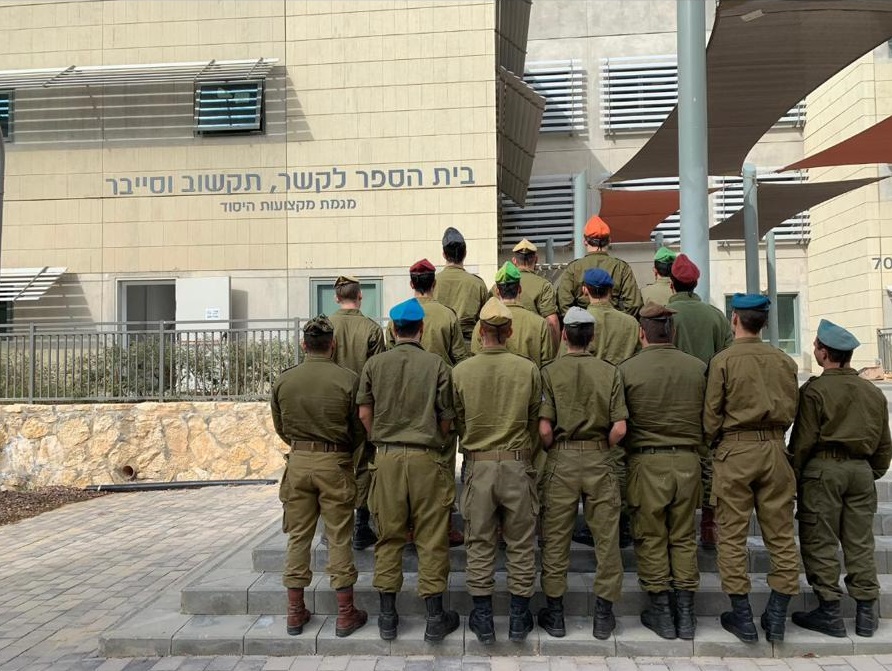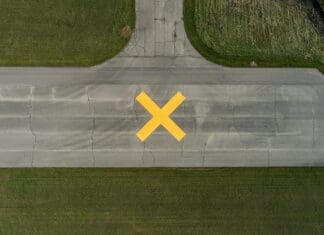This post is also available in:
 עברית (Hebrew)
עברית (Hebrew)
A new and first-of-its-kind cyber course has attracted high interest in the Israeli military. The course is intended only for combatants just before they finish their army service, in order to grant them a unique opportunity – acquiring a profession for the civilian sector through a cybersecurity course.
The new instruction for Cybersecurity Practitioner role has been recently developed at Training Base 7 at the Computer Service Directorate.
The move was motivated by the national interest to enhance Israel’s cyber market and take part in the development of a new community that has emerged within the IDF ranks in recent years – the cybersecurtiy community.
The course teaches a new profession that is parallel to the role in the civilian sector, recently defined by the Israel National Cyber Directorate. The essence of this profession is monitoring networks and supplying first response to cyber threats.
In a special interview, Capt. R., Commander of the Cybersecurity School at the IDF Computer Service Directorate, told iHLS that the project is a collaboration between Training Base 7 in the Negev and the Cybersecurity Brigade. The program was launched as a pilot project, and several more courses will open throughout the year.
During the first cycle pilot, combatants just before finishing their army service were granted the unique opportunity of
During the seven-week course, the soldiers receive professional development regarding network defense methods, the nature of threats in order to turn them into experts in the operation of the tools and software for network security.
Moreover, the students also receive consulting regarding the features required in this field, e.g. creativity, learning capabilities, curiosity, preparedness to civilian life, including coping with a job interview.
Whoever succeeds in passing the final test receives an authorizing diploma by the Israel National Cyber Directorate, that will enable them to work as Cybersecurity Practitioners in all the organizations,
Capt. R. emphasizes that in fact, these graduates will be the first to have this new diplome in Israel. A parallel commercial course outside the army is very expensive and takes months of instruction.
The soldiers who participated in the course will serve in the army for at least six more weeks, and then they will be offered to stay in the army for a several month internship and even stay permanently in the army and fulfill this same role.
At a later stage in the program, the course will serve as a military professional instruction for working in this field within the army. Hopefully, the pilot course granting the opportunity for combatants before release from the army will not be the last one.
The course is considered a success, and the current participants gave very positive feedback.
Capt. R. told us that the instructors are from the cybersecurity school of the Computer Service Directorate, and, in fact, are the ones who developed the course.


























